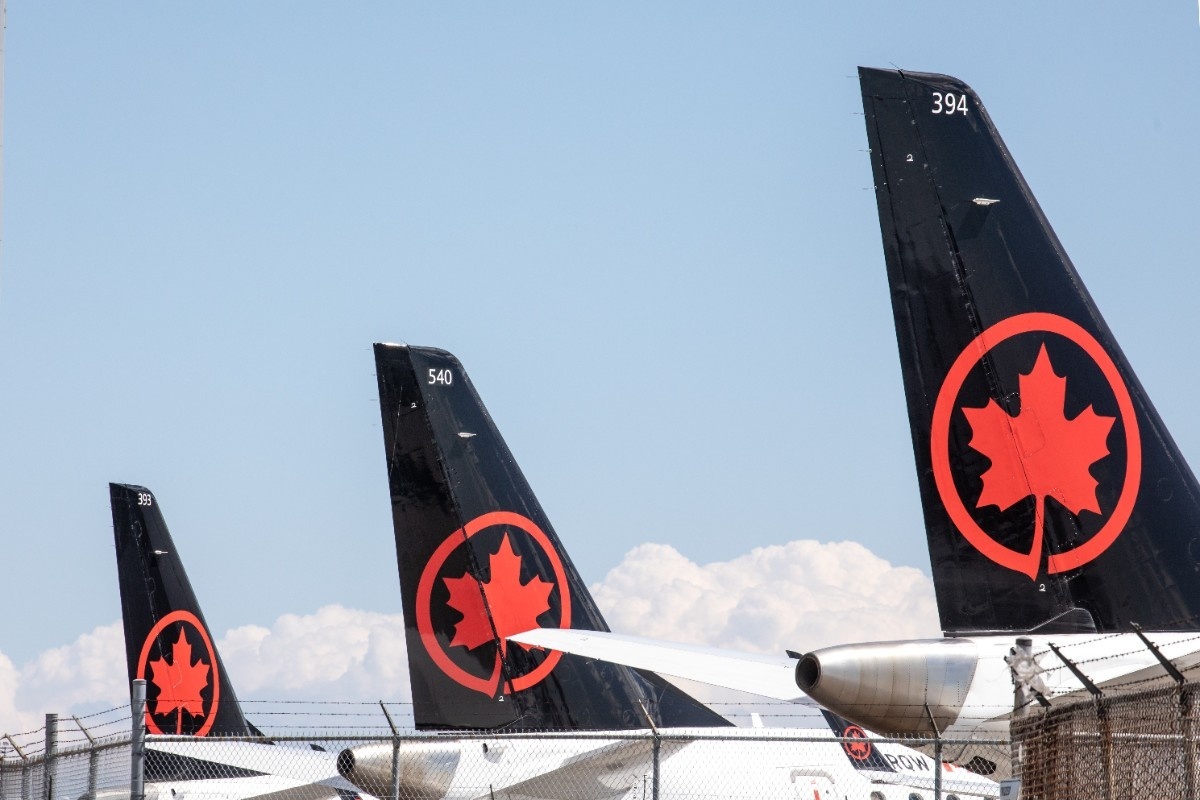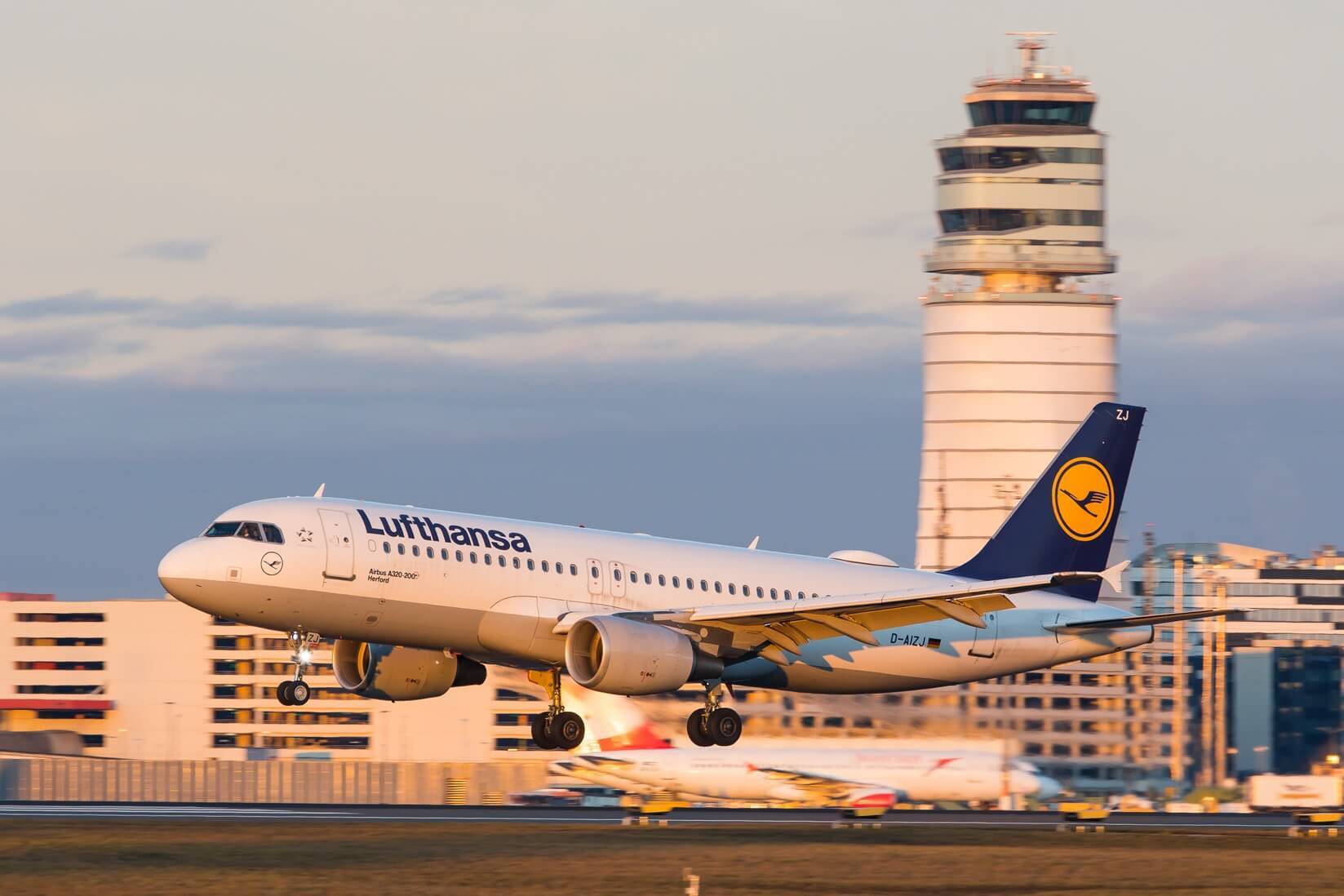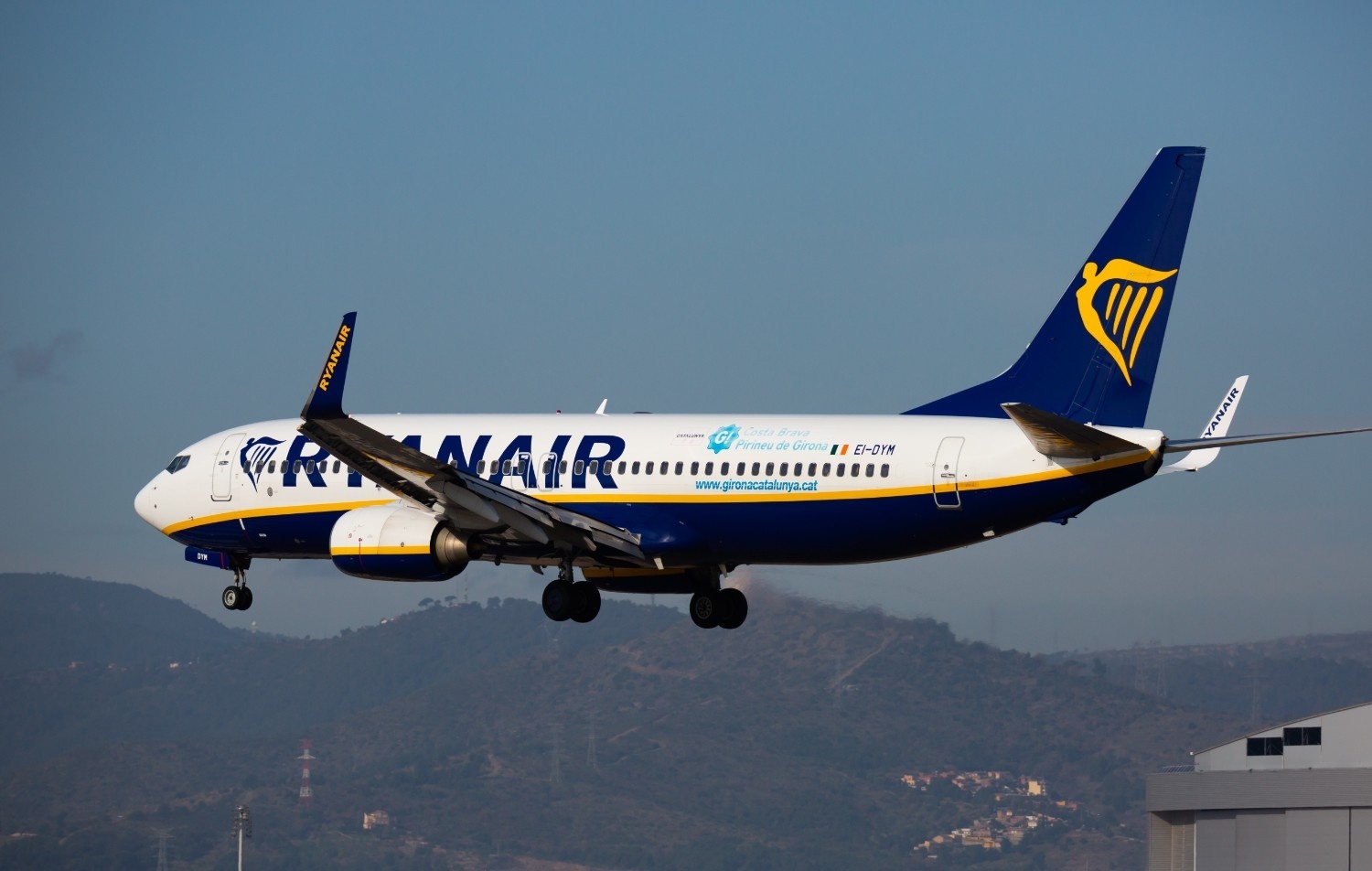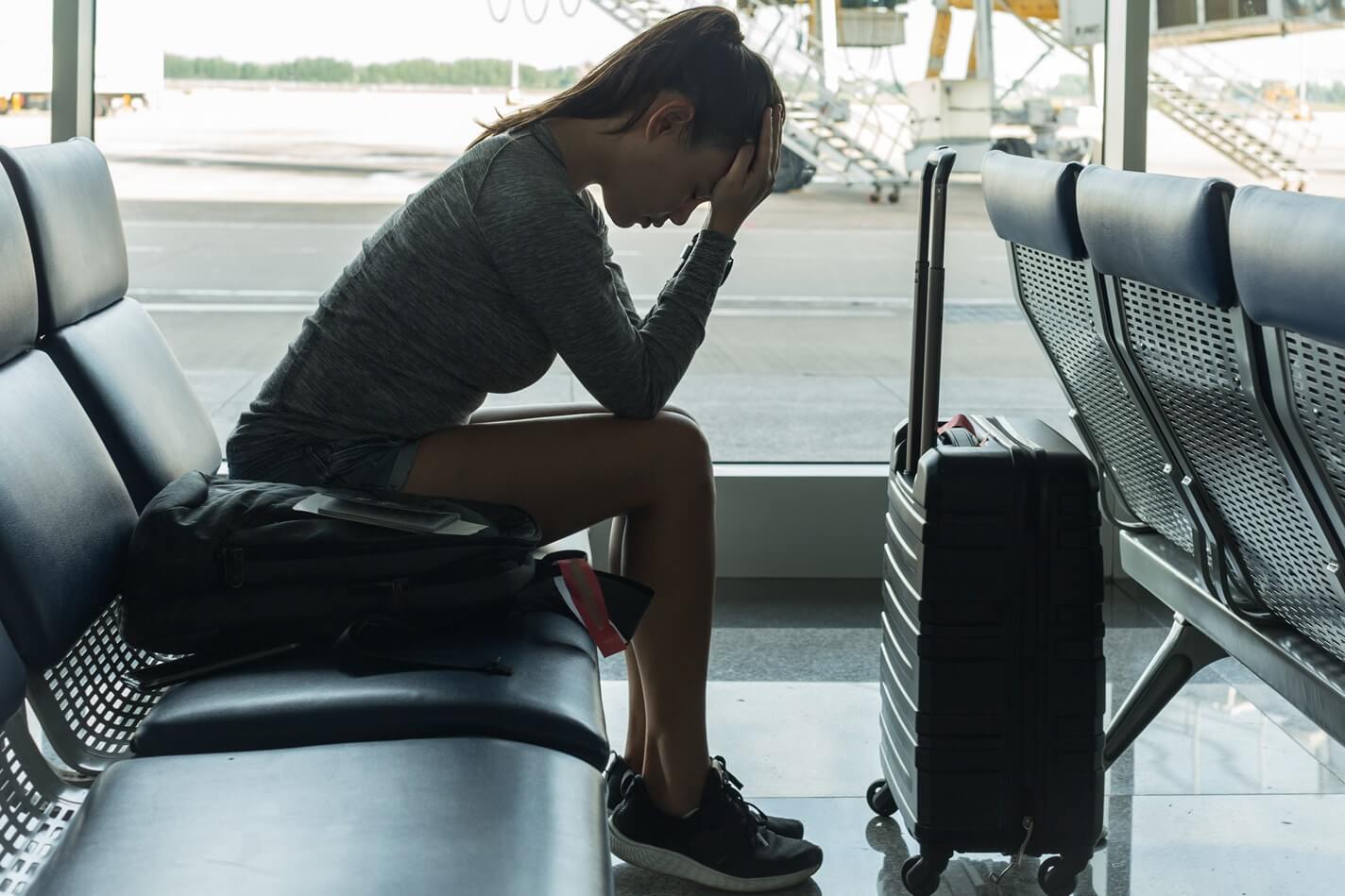Code-sharing flights: What you need to know

So, you have booked a flight, but when you check in, boom, surprise! It’s not the airline you thought you’ll be flying with. Now, this is called a “code-sharing agreement”, or also known as the fancy airline trick that can leave many passengers very confused, frustrated and sometimes even stranded. Let’s break it down in the simplest way possible.
What is a code-sharing agreement?
For the purpose of the example, we will use Airline A (the one you thought you booked with) and Airline B (the actual airline you’ll be flying with).
So, you bought a ticket from Airline A, but when you get to the airport it says Airline B. No, you are not mistaken or scammed. This is the code-sharing agreement where airlines buddy up and sell seats on each other’s flight to make it look like they have more routes than they actually do have. Basically, it’s the airline marketing magic to help them get more profit without actually operating extra planes.
Airlines strongly adore this system, because it allows them to expand their routes and give passengers the mere illusion of seamless travel. However, for passengers this can be a mixed bag. While it might increase flight options, it also brings complications that can affect baggage policies, customer service and even compensation rights when something goes wrong.
How does this affect you, the passenger?
Now, this is the part that actually gets messy. You book with one airline and expect their service, policies and their rules, right? But instead you get something completely different and that’s another airline. Now their rules apply. This can be the impact:
Baggage allowance: You got a ticket with the basic economy that has a generous carry-on policy, right? That’s unfortunate, because the operating airline might have stricter rules and suddenly, you’re paying extra for a bag you thought was free.
Seat selection: This is another surprise that can be quite frustrating, you paid for a seat of your choice, but upon boarding you discover one thing – the seat is completely different and customer support will send you in circles if you want to fix it.
Loyalty points: Not all airlines in a code-share deal is being generous when it comes to earning frequent flyer miles. You might find out later that your miles don’t count for anything.
Customer service: Your airline and the operating one might try to play the blame game while you’re out there, stuck in the middle with no solution in sight.
What happens when things go wrong?
Delays, cancellations and lost luggage are the most frustrating things under normal circumstances. But with code sharing, it can be one long nightmare just to find out who’s the responsible one for fixing this huge mess.
Delays and cancellations: The airline that sold you the ticket will probably try to wash their hands with the operating airline and tell you to deal with them instead. Meanwhile the operating airline might not be in any rush to help or compensate you.
Refunds and compensation: Depending on the airline and route, you could possibly be entitled to compensation under the EU regulations. But you will also need much luck to get the right airline to pay up without a little fight. Airlines frequently pass around the buck, leaving passengers in the dark about where to even begin with their claim.
Lost baggage: Now, if your luggage is missing it can take weeks to figure out where exactly it is at the moment. But it will take even more time to figure out who is actually responsible for locating it, ticketed airline or the one that carried on the flight.
So, what can you do?
Check who’s operating the flight: Always double check the fine print before booking to see which airline is actually flying the plane. If you prefer the service of specific airline, then make sure you’re actually flying with them.
Know your rights: In Europe if your flight gets cancelled, delayed or overbooked, you might actually be entitled to compensation under the EU261 regulations. By understanding these rules before travelling, you can save yourself a big headache later.
Choose airlines wisely: Some airlines have better reputation than others, especially when it comes down to handling the cold-share agreement. Always research beforehand to avoid the worst case scenario.
Document everything: And it all comes to this at the end, collecting the proper documentation and evidence. In case anything goes wrong, have physical and digital receipts of everything related to your flight. Having proof can be the crucial when filing a claim.
How MYFLYRIGHT can help
Sometimes we all get caught up in this code-sharing nightmare. Delayed flights, cancellations, lost luggage, overbooking or refund disputes. But this is why MYFLYRIGHT is here to sort it out for you. We help passengers claim the compensation they deserve, cutting through the airline’s bureaucracy and legal jargons. Just leave it all to us and our team of professionals in this field will help you win against the airline! You don’t have to fight alone. We will handle the legal side and negotiate with the airline, while you’re already focusing on your next trip!
Latest posts
Flight delays and cancellations in July 2025
Check which flights were delayed in July 2025 – you may still be entitled to claim up to 600 € in compensation.
Flight cancellations and delays in March 2024
Check which flights were delayed in March 2024 – you may still be entitled to claim up to 600 € in compensation.
Flight cancellations and delays in February 2024
Check which flights were delayed in February 2024 – you may still be entitled to claim up to 600 € in compensation.












